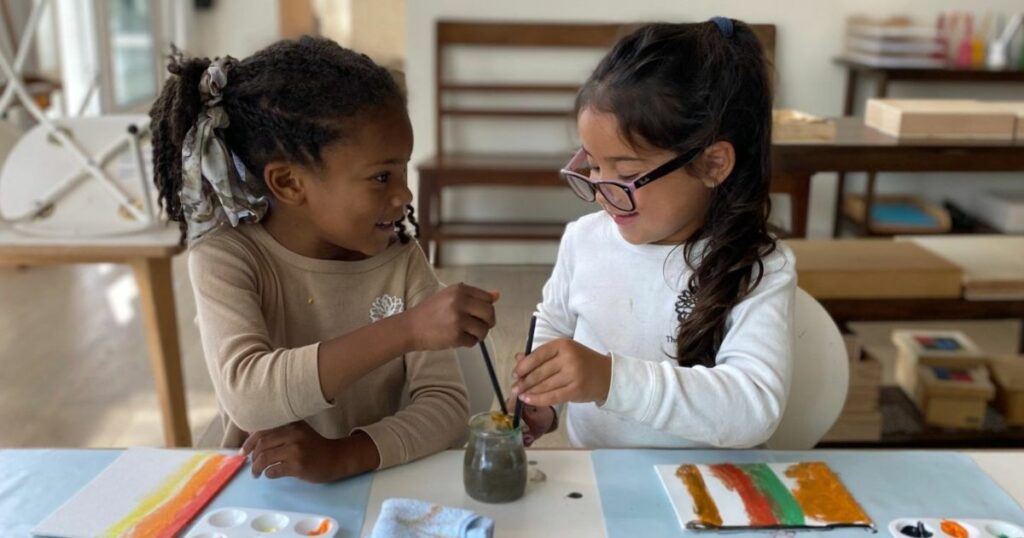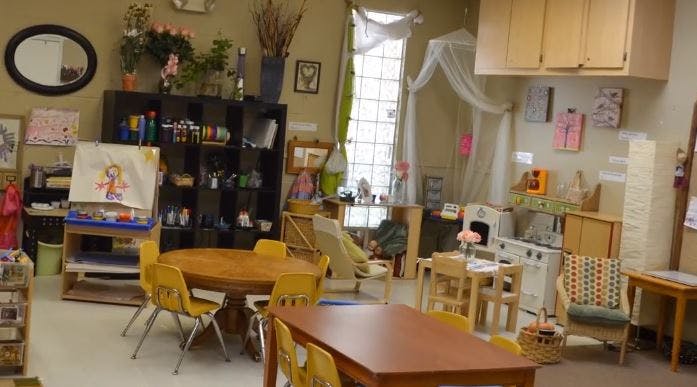Teaching children to be patient may appear cryptic at first but happily, there are numerous times throughout the day when you may encourage patience with your children without them realizing you are ‘teaching’ them a lifelong skill.
No one wants to watch toddlers refuse to wait their turn or throw a wobbler because they can’t have everything they want right now; nonetheless, these are common characteristics of early childhood and can be used to teach kids. Teaching your child to be patient can help her develop a better knowledge of acceptable social behavior and, in the long run, will help her curb negative behavior.
How to teach your children patience?
#1 Set a good example

It’s difficult to be patient if you don’t know what it means, so set a good example for your kid. “It’s okay, I can wait,” say if you’re waiting for her to put on her coat. I’m a patient person.” Your kid will imitate your actions, so no huffing and puffing in the shopping line or before the school run.
#2 The art of waiting
Because your child’s perception of time is still developing, you must teach them the concept of delayed gratification. Try preparing a cake together or monitoring the growth of the sunflower and talking about how you are going to adorn the cake or how big the sunflower will grow while you wait. Your child will be more patient if she is kept busy while waiting – try to avoid using devices to pass the time at this point – and urge them to be in the moment.
Involving your kids in the process of brainstorming activities or ways to ‘pass the time’ means they’ll be better equipped to deal with the next time they can’t have what they want right away, and it also helps your child to sense time passing while still having a nice experience.
#3 Set a timeframe
For a child, how long is a while? A minute can feel like a lifetime to a small child, so be explicit about timelines or tell them what will happen first when asking her to wait. For example, “When I finish working on the computer, we can go to the park,” or “You can have an ice cream when we arrive at Grannies/town/the beach.” Try to be patient, nice, and upbeat even when they ask for the hundredth time!
#4 Make use of visuals that they can understand
If your child is constantly pushing in and refusing to wait her turn, ask her how she would feel if that happened to her. The more she can empathize with others, the more sensitive she will be to them. Alternatively, use visual tools such as a chart or calendar that they can mark off, such as “Christmas / their birthday party is 7 sleeps away” or “We will travel to the theme park, and the journey will be around the length of one Disney movie-length away.”
#5 Be honest
Every parent offers a child anything in the near or distant future with a “we’ll see,” “soon,” or “maybe, one-day” response, hoping that they would become sidetracked and forget about it soon enough.

However, if the wait goes on and on, it can have a negative effect on your child’s development of an accurate sense of time, and it can create a mindset in your child that if they have to wait five minutes or ten minutes, it will take “ages,” or never come because that’s what they’ve experienced in the past.
Takeaway:
Teaching patience is difficult. Also, understanding how to develop patience is difficult for children. Thus, it is crucial to begin at an early age. So start working on instilling this trait in your children right now. Whether it is teaching patience to kids or any other skills; Montessori education is the best option. In the best Montessori school, different activities make kids independent and foster other essential skills as well!






